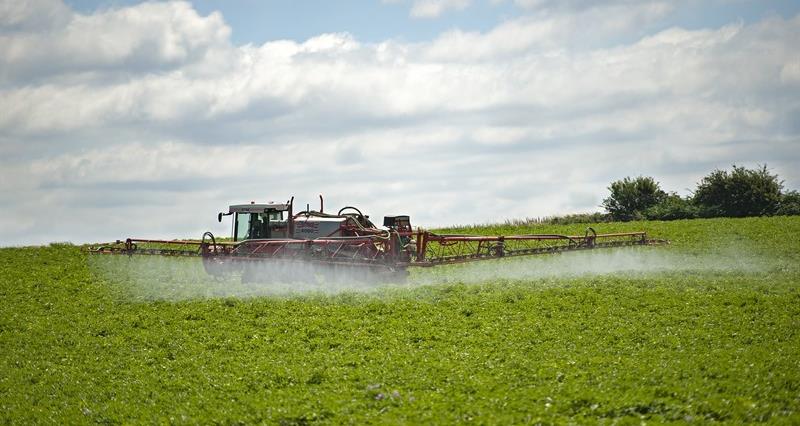In 2019, the European Commission put forward a proposal to not renew approval of chlorothalonil, because of concerns about safety and risks to human health and the environment.
The majority of member states voted to adopt this proposal at the EU Standing Committee in March 2019 which led the EU Commission to publish the sales and distribution end date of November 2019.
The date for use up or disposal of stores was set for May 2020. These dates were legally binding in both the UK and the EU.
Since this decision, authorities have decided to further reduce the MRL (maximum residue level) for chlorothalonil.
What does this mean for farmers and growers?
All chlorothalonil products should have been used up or disposed of prior to the May 2020 deadline, so no action is required.
The change means that when food, including imported food, is tested for residues, the permitted level for chlorothalonil will at the lowest possible level, to effectively ensure chlorothalonil is not used.
Why has the MRL been reduced?
NFU Senior Regulatory advisor Dr Chris Hartfield explains the change:
“When active substances are no longer approved because of concerns about effects on human health, as was the case with chlorothalonil, it is usual practice for the MRL to be lowered to what is called the ‘limit of quantification’.
“The resulting new GB MRLs for chlorothalonil were adopted on 5 September 2022. However, the GB regulator has allowed time for trading partners and food business operators to adjust to the new lower MRLs.
“Therefore, from 5 March 2023, a new chlorothalonil MRL of 0.01 (mg/kg) will apply to most foods and crops, including cereals.”
